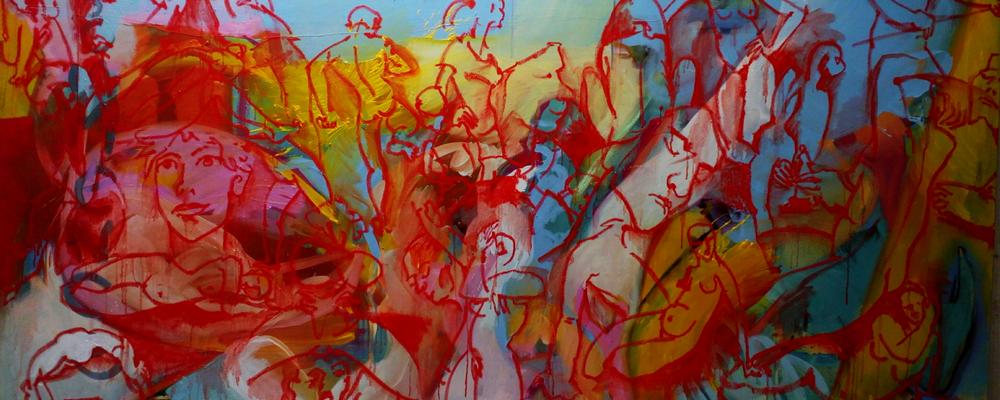The war struck many of us. But we also see this war as a continuation and intensification of repressions against feminist and LGBTI+ activists and attacks on gender studies scholarship, which happened in Brazil, Germany, Hungary, Russia, Turkey, Sweden, UK, US and other countries all over the world. We, the community of gender studies scholars, have publicly stated and as researchers explored how gender and sexuality are established as a key political front in the polarisation and normalisation of violence. Now we see the dire consequences. Russia’s illegal and unprovoked invasion is, among others, propagated as the defence of Russian interests against the corrupted and decaying West. It is the very same rhetoric that the Russian state has been using for the last ten years to repress and silence feminist and LGBTI+ struggles in the country in protection of “traditional values”.
The invasion and the war are a reminder that gender equality and sexual rights are not simply the question of “policies”, “norms” and “values”. They are also the question of whose lives matter and become recognized. When we almost close our borders to refugees from Afghanistan, Libya, Palestine, Syria, or Yemen, when we draw lines between White (West) European “us”, deserving rights and protection, and “them”, whose wars and histories are their own business, when we turn a blind eye on inequality and injustice, when we refrain from making clear political statements in times of social upheaval, we contribute to violence that peaks into the war.
More than a hundred years ago, on March 8, 1917 (February 23 in the old Russian calendar), women in Petrograd (currently - St Petersburg) took to the streets to protest against Russia’s engagement in World War I. These protests led to the fall of the tsarist regime and the Russian Empire but the legacy of Russian imperialism is still here with us, and today we face its cruelty. It is not for the first time in contemporary history that imperial powers fuel a war, and that is why feminist and queer scholars have been always attentive and critical to instrumentalization of gender equality and sexual rights to promote imperial ambitions. We admire that feminists in Russia continue to protest against the war in times when any public expression of dissent in the country is severely punishable.
We, gender studies scholars at the University of Gothenburg, stand with people in Ukraine in all their heterogeneity. There are several less visible groups in Ukraine who need support. You can find more information how to support and be in solidarity with these groups on the following webpages:
Support of LGBTQI-people in Ukraine
RFSL Sweden
https://www.rfsl.se/
ILGA Europe
https://ilga-europe.org/blog/marathon-not-sprint-how-were-responding-invasion-ukraine
Slavic Heart, an organisation supporting displaced women in Ukraine and tackling gender-based violence
https://www.slavicheart.org/?lang=en
Contact them via Facebook to receive information about donation account
https://www.facebook.com/slavicheart2014/
ARCA - Youth Agency for the Support of Roma Culture - Support for Roma children and youth in Ukraine
https://www.facebook.com/YNGO.ARCA
Fight For Right - Support for people with disabilities in Ukraine
https://eng.ffr.org.ua/
